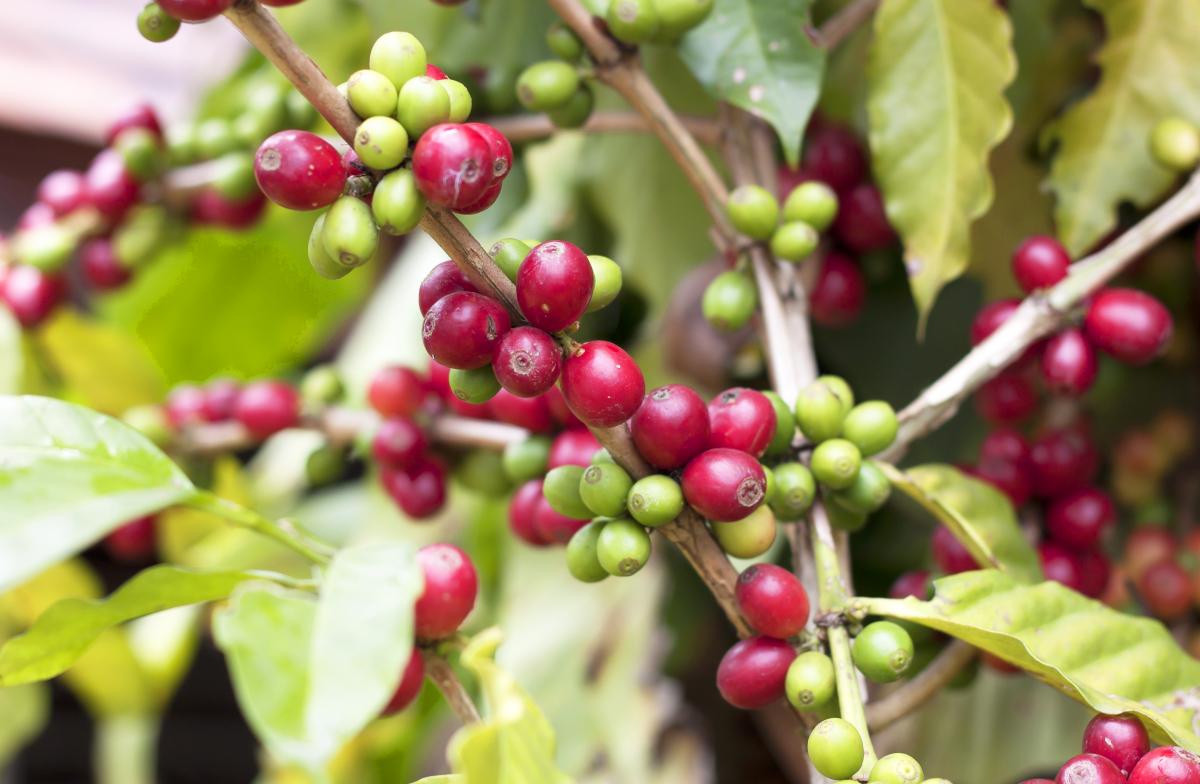Mexico, Guatemala, Honduras, El Salvador, Nicaragua, Costa Rica, Panama, Peru, Jamaica and Dominican Republic are part of this initiative, which will benefit 5,000,000 people in the region who directly depend on the production of this crop.

San José, 1 February 2019 (IICA). Ten Latin American and Caribbean (LAC) countries are working together on the development of an integrated regional early warning system to tackle coffee leaf rust, thereby preventing crop losses and economic repercussions for the coffee sector.
A network of 40 multi-disciplinary specialists from various institutions will provide support for the system, which will connect national early warning systems from Mexico, Guatemala, Honduras, El Salvador, Nicaragua, Costa Rica, Panama, Peru, Jamaica and Dominican Republic – all members of the Regional Cooperative Program for the Technological Development and Modernization of Coffee Cultivation (PROMECAFE).
These mechanisms will be integrated to create the Regional Early Warning System for Coffee Leaf Rust (SIRAT), a tool to facilitate the exchange of data and technical, objective and collective information in a bid to improve the decision-making of producers, which will strengthen the capacity of LAC’s coffee sector to prevent the incidence of this and others diseases affecting the crop.
The network was established under a project executed by PROMECAFE and the Inter-American Institute for Cooperation on Agriculture (IICA), with funding from the Regional Fund for Agricultural Technology (FONTAGRO).
René León-Gómez, Executive Secretary of PROMECAFE/IICA explained that, “The network is comprised of specialists from coffee institutes, epidemiologists, modelers, meteorologists, sociologists, inter alia. The starting point for SIRAT are the national systems that each of the ten beneficiary countries have been developing, as far as their resources have allowed. Through SIRAT, the region’s producers can directly access information and recommendations in keeping with the needs and reality of their production unit, preventing crises and the fallout from a drastic decline in their level of production”.
SIRAT is working towards a more reliable, efficient and personalized system, taking into account the reality of each farm; the prevailing climatic environment; the socioeconomic situation of the producer, and the incidence of disease in surrounding areas, among other factors.
According to León-Gómez, SIRAT’s focus is on producers, their families and the community, since coffee’s importance rests on the number of persons who earn their livelihood from its production.
The expert stressed that, “The PROMECAFE region produces approximately 34,000,000 bags of coffee (one bag weighs 100 pounds), representing 25% of the total amount of Arabic coffee produced worldwide. Approximately 5,000,000 people directly depend on coffee production, which is undoubtedly an activity of extreme importance for the national economy of these countries, the revitalization of the rural economy, and the protection of natural resources”.
The progress and results achieved in establishing the network through the PROMECAFE/IICA project have contributed to the efforts of the Central American Program for Integrated Coffee Rust Management (PROCAGICA) to implement SIRAT, under the scientific leadership of experts from the French Agricultural Research Centre for International Development (CIRAD).
Other participants in the process are the Tropical Agricultural Research and Higher Education Center (CATIE), the French Agricultural Research Centre for International Development (CIRAD), the International Regional Organization for Plant Protection and Animal Health (OIRSA), the Food and Agriculture Organization of the United Nations (FAO), and the Central American Agricultural Council (CAC).
More information:
René León-Gómez, Executive Secretary, PROMECAFE/IICA











